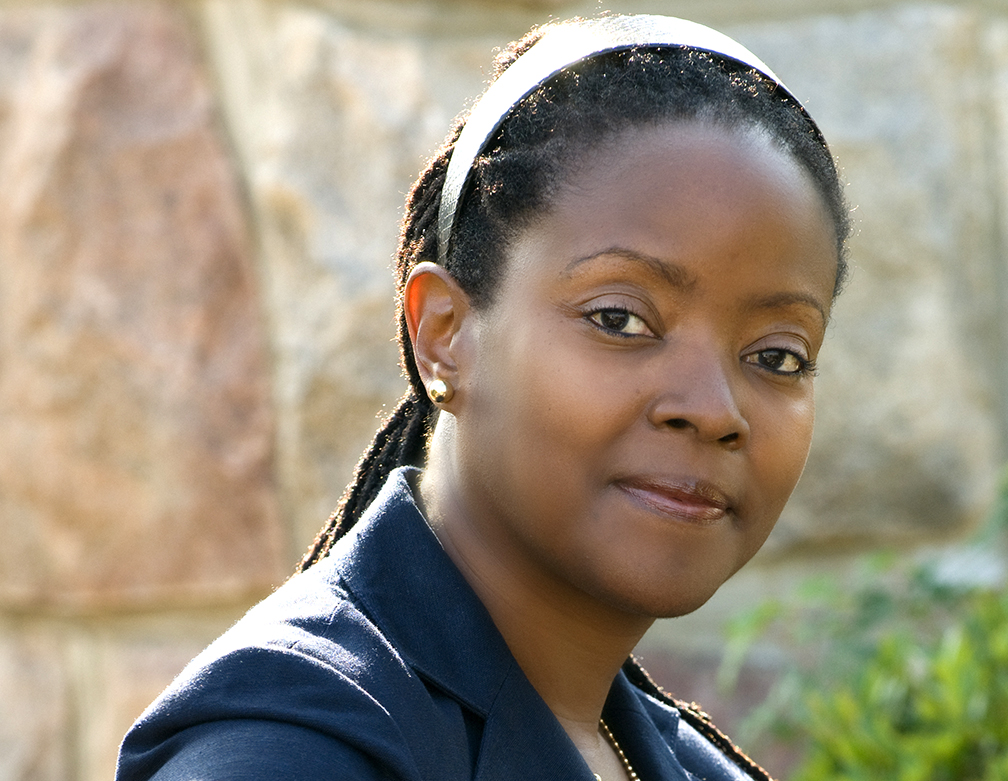Beverly Bunch-Lyons Encourages Discussion of Race and Diversity
February 22, 2017

“How we make sense of what we learn, and how we interpret what we learn, is based on our personal experiences,” said Beverly Bunch-Lyons during a discussion in February at the Northern Virginia Center, held in conjunction with Black History Month. “Providing a safe space for open dialogue about race and diversity that challenges us to think about our assumptions is essential within a university.”
Bunch-Lyons, an associate professor of history in the National Capital Region, presented “‘Be Comfortable Being Uncomfortable’: Conversations about Race and Diversity at the University.”
“We shouldn’t be afraid of talking about race, rather we need to encourage talking about it in an environment that eliminates the fear of offending someone, being misunderstood, being considered angry, or labeled a racist,” she said.
Bunch-Lyons noted that for many students on campuses such as Virginia Tech’s, the college campus is the most diverse place they have encountered in their educational experience.
“We have a responsibility to encourage students to take advantage of the opportunities fostered by diversity,” said Bunch-Lyons. “As educators, we should not have a political agenda. We need to make our students aware of the increasing importance that diversity plays in the workplace. It is important that we all recognize this.
“We have to demonstrate that we value diversity by the examples we set not only when we interact with students but with each other,” Bunch-Lyons said. “InclusiveVT is at the forefront of promoting meaningful conversations within the Virginia Tech community.”
The historian’s presentation covered two types of bias: explicit, the attitudes and beliefs you are conscious of; and implicit, the attitudes and beliefs of which you are not consciously aware.
Everyone has these biases, Bunch-Lyons said, but there are some things people can do to help overcome bias as it relates to race and diversity. She recommends, for example, participating in diversity training opportunities; working together in a spirit of cooperation, rather than competition; and making a conscious effort to have meaningful experiences with people of different races, ethnicities, religions, and political beliefs.
Bunch-Lyons concluded with saying that because diversity can only be realized when it is supported in all of an organization’s practices and policies, “there needs to be diverse voices represented in decision- and policy-making at all levels.”
Written by Barbara Micale





